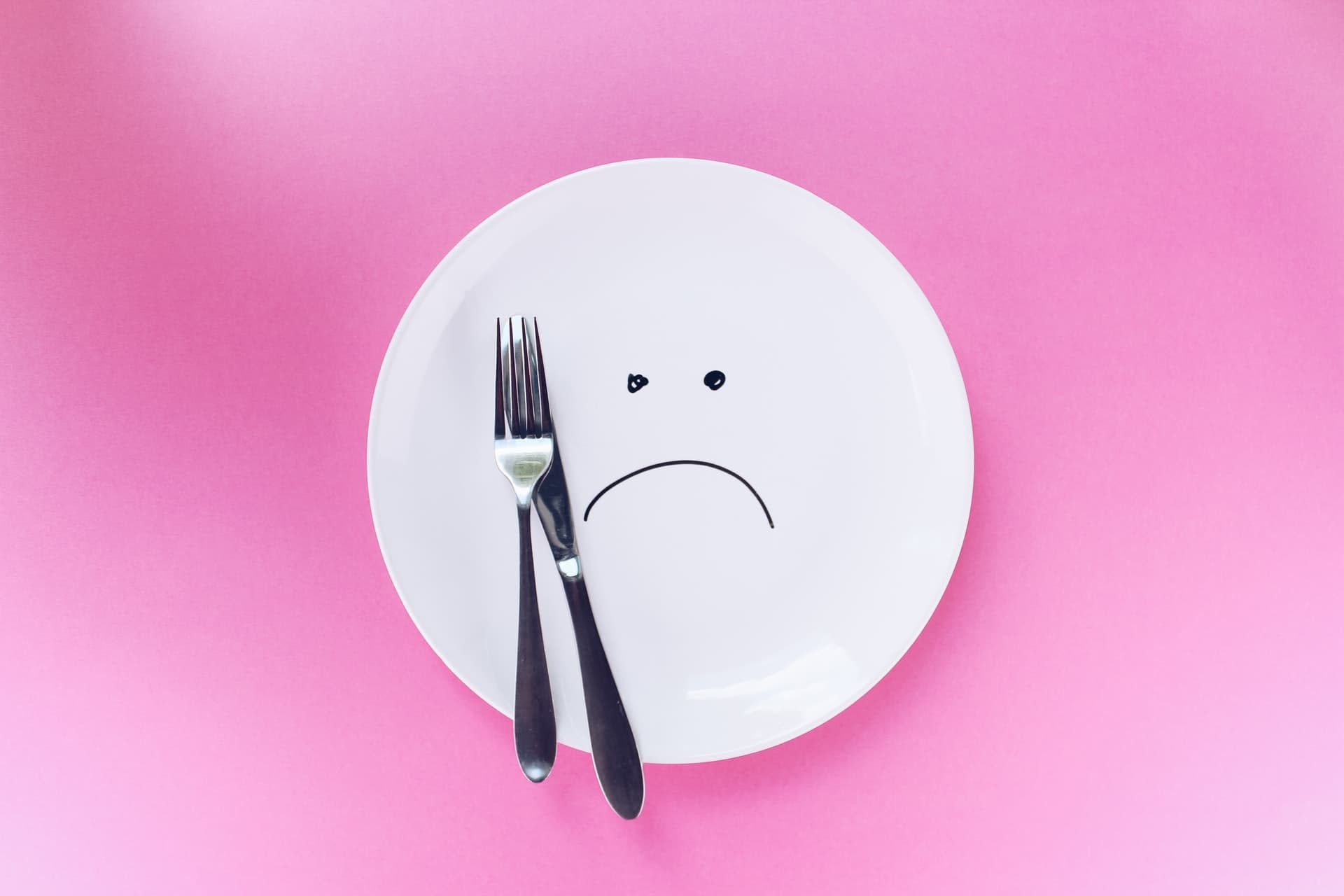
CALORIE COUNTING BORIS’ STONE AGE SOLUTION TO THE OBESITY CRISIS
As of 2017, 35.6% of adults in England were overweight and 28.7% were classified as obese, both often physical determiners of type 2 diabetes, heart conditions and other major health complications. With COVID-19 making many of us borderline obsessive about our health, the UK government has decided that now is the appropriate time to tackle obesity, an issue that goes deeper than just your physical health.
Zooming in on food and calories seems to be feeding the toxic diet culture that already surrounds us and whose priority is mainly aesthetics.
The government’s timing is somewhat understandable as many of the physical health problems that are seen alongside obesity put a preventable strain on the NHS. Having seen our health service already pushed to its limits by a pandemic, excess strain is something we all want to avoid. However, the government’s strategy, which mainly focuses on calorie counting, doesn’t take into account all of the root causes of weight gain. Not to mention the other preventable health problems that put pressure on the NHS that have been, at best, half-heartedly tackled such as smoking and alcohol abuse. Zooming in on food and calories seems to be feeding the toxic diet culture that already surrounds us and whose priority is mainly aesthetics.
To sum up the new weight loss campaign as laid out on the UK Government website, the plan of action is to limit advertisement of foods considered ‘unhealthy’, ban deals on said ‘unhealthy’ food items in store and online, revealing the calorie content of dishes and drinks on restaurant menus and a general ‘weight loss’ campaign encouraging more exercise and ‘healthy eating’.
The very existence of the diet industry relies on the failure of dieting.
Branded as the ‘Better Health’ campaign, the measures being taken feel like just another diet, akin to ‘Weight Watchers’, keto, ‘Slimfast’ and intermittent fasting, disguised as a healthy lifestyle change. Many people have lost significant amounts of weight on these diets but did they become ‘healthier’ long term? Think about it. The very existence of the diet industry relies on the failure of dieting. If they worked then people would complete the diet, lead a healthy lifestyle long-term and move on. They wouldn’t keep spending money on different diet products as they currently do. We are led to believe that an inability to diet is a lack of willpower rather than the clever business structure that it truly is. Moreover, if restrictive diets worked and were sustainable then surely obesity rates would be a fraction of what they currently are. According to a survey by Mintel in 2016, almost half of UK adults have attempted weight loss in the last year, with 57% of British women having tried dieting that year. Call it jumping to conclusions but I find it hard to believe that a government funded weight loss campaign is going to make living a ‘healthy’ lifestyle and maintaining a smaller frame any easier. Boris Johnson himself even said “Losing weight is hard”.
A valid concern regarding ‘Better Health’ is the unfortunate effect it could have on those currently suffering with eating disorders and those susceptible to developing one. One of the hallmark symptoms of restrictive eating disorders such as anorexia, bulimia and orthorexia is a fixation on the calorific, fat, sugar and/or salt content of food. For most sufferers, a significant proportion of their day revolves around how many calories they allow themselves to consume. Placing such information on menus is going to, at best, make people hyperaware of calories and, at worst, exacerbate eating disorders and make recovery from them that much more difficult. Exposure therapy is a key component to cognitive behavioural therapy for eating disorders so unavoidably having to see the calorific content of a meal or drink could prove to be a considerable roadblock to this type of treatment. If the government is prepared to spend money on this outdated weight loss strategy, are they also prepared to fund the therapy that it will create a higher demand for?
the government is taking an ‘all talk, no walk’ attitude to the obesity crisis
The global health crisis has taken a toll on most people’s mental health and in many, has resulted in the emergence of OCD-like behaviours. What makes this calorie counting strategy even more concerning is its timing when you consider that almost 70% of those suffering with anorexia nervosa and a third of those with bulimia nervosa also have an OCD diagnosis. The introduction of such measures at a time when we are all more mentally fragile feels thoughtless and rushed. Just like with their handling of the pandemic, it appears as though the government is taking an ‘all talk, no walk’ attitude to the obesity crisis, simply wanting to be seen to be doing something about it but not giving it the careful attention that it needs.
To make matters worse, ‘Better Health’ also takes the form of a diet plan app available on the Apple and Google Play stores and out of curiosity, I downloaded it. One of the questions it asked when setting up gave a list of options regarding what my motivation was. Most of them were fairly harmless: ‘feel fitter and healthier’, ‘I’ve been diagnosed with a condition’ etc. But the last one was heart-breaking: ‘I have a special occasion to go to’. If you’re tackling the obesity crisis, you’re really tackling diabetes, heart disease and other life-threatening conditions. You are not tackling aesthetics. Bullying people into losing weight because they don’t fit the societal standard of ‘attractive’ will result in little more than a disordered relationship with food. Tying your self-worth and body image to whether you ate ‘too many’ calories according to an app on your phone is a toxic, obsessive thought pattern that can take years to reverse.
In short, this campaign is well-intended but poorly executed. It is a quick-fix attempt to relieve some of the pressure that has been put on the NHS by COVID-19 but has not taken into account the effects that the pandemic has had on our mental health, in addition to our physical health. Like the endless diet products available, ‘Better Health’ appears to prey on people’s insecurities rather than responsibly encouraging a healthy relationship with food. The last thing we need, when our concerns for our health are already heightened, is to be tracking calories, weighing ourselves and measuring our waistlines every week.
If, like me, you feel that this campaign needs to be seriously re-thought, then please sign and share
this petition.
If any of the issues discussed in this article have affected you in any way, here are some resources that may be helpful to you- please reach out for help if you’re struggling:
- Beat provide support for all eating disorder sufferers and their loved ones. They are also working actively against the ‘Better Health’ campaign and there is information on their site about how you can get involved.
- Anorexia & Bulimia Care are an organisation, supporting those seeking treatment for anorexia and bulimia and their supporters.
- Eating Disorders Support provide support for those in recovery from all eating disorders.
- A quick Google search will also direct you to support available in your specific area.
